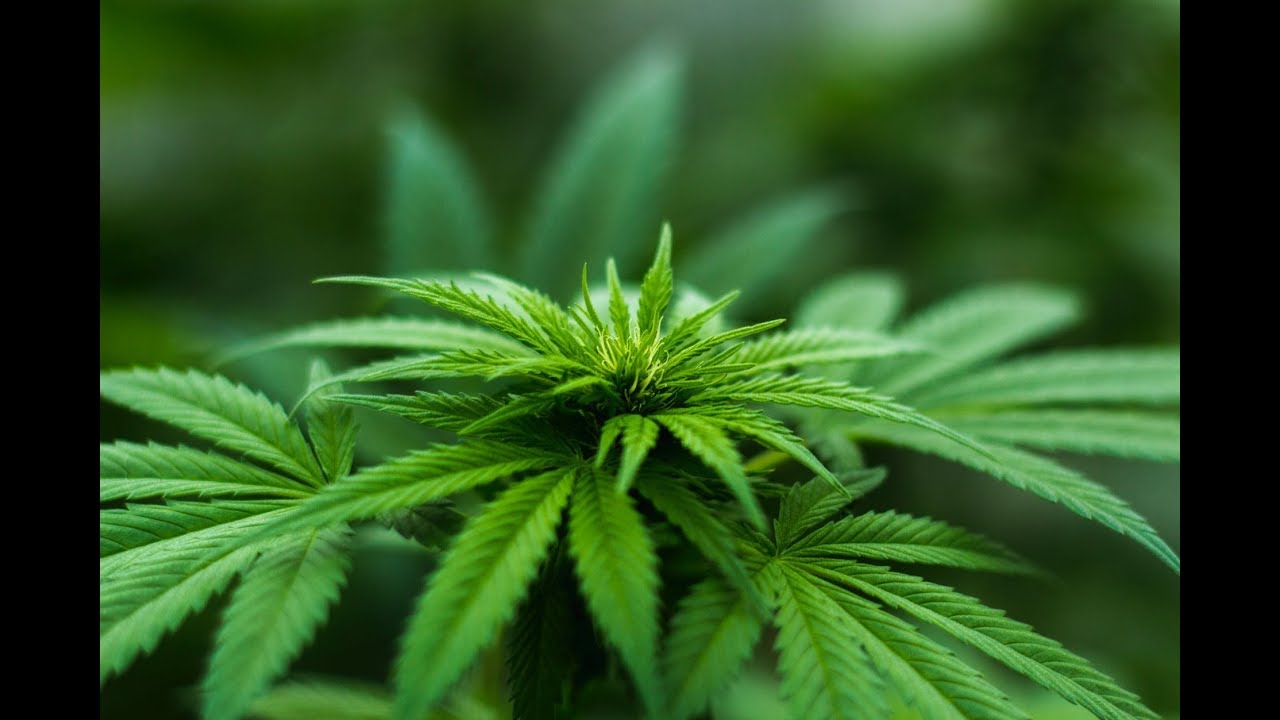Cannabis has long been determined to be beneficial in slowing ALS’s progression and offering relief from its associated symptoms. Preclinical studies indicate that cannabinoids found in cannabis, including the psychoactive tetrahydrocannabidiol (THC), have antioxidative, anti-inflammatory and neuroprotective effects. Numerous animal trials have demonstrated that the administration of cannabinoids in cannabis can delay the onset of ALS, prolong the survival of neurons and slow the disease’s progression (Bilsland, et al., 2006) (Carter, Abood, Aggarwal & Weiss, 2010) (Raman, et al., 2004). Cannabinol (CBD), another cannabinoid found in cannabis, but one that doesn’t have psychoactive effects, has also been found to significantly slow the onset of ALS (Weydt, et al., 2005).
Cannabis can also help ALS patients manage the pain, appetite loss, depression, sleeping problems, spasticity and drooling symptoms associated with the disease (Amtmann, et al., 2004) (Carter, Abood, Aggarwal & Weiss, 2010). Cannabis combats ALS-associated pain because of its analgesia and anti-inflammatory effects, manages spasticity with its muscle-relaxing properties. Because of its appetite stimulating effects, it helps prevent the wasting that can occur in the final stages of ALS (Carter, Abood, Aggarwal & Weiss, 2010).
Get CBD products here: https://cbdonestopshop.net/
Marijuana-like compounds can block the spread of HIV virus throughout the body during infection’s late stages.:
http://www.ncbi.nlm.nih.gov/pmc/articles/PMC3309010/
Cannabis found to prolong neuron cell survival, delay the onset of ALS and slow the
progression of the disease.
http://www.ncbi.nlm.nih.gov/pubmed/20439484
Marijuana was moderately effective at reducing symptoms of pain,
http://www.ncbi.nlm.nih.gov/pubmed/15055508
References:
Amtmann, D., Weydt, P., Johnson, KL., Jensen, MP. And Carter, GT. (2004). Survey of cannabis use in patients with amyotrophic lateral sclerosis. The American Journal of Hospice and Palliative Care, 21(2), 94-104.
Amyotrophic Lateral Sclerosis (ALS) Fact Sheet. (n.d.) National Institute of Neurological Disorders and Stroke. Retrieved from http://www.ninds.nih.gov/disorders/amyotrophiclateralsclerosis/detail_ALS.htm.
Bilsland, LG., Dick, JR., Pryce, G., Petrosino, S., Di Marzo, V., Baker, D. and Greensmith, L.
(2006). Increasing cannabinoid levels by pharmacological and genetic manipulation delay disease progression in SOD1 mice. The FASEB Journal, 20(7), 1003-1005.
Carter, GT., Abood, ME., Aggarwal, SK and Weiss, MD. (2010). Cannabis and amyotrophic lateral sclerosis: hypothetical and practical applications, and a call for clinical trials. American Journal of Hospice & Palliative Medicine, 27(5), 347-356.
Raman, C., McAllister, SD., Rizvi, G., Patel, SG., Moore, DH. And Abood, ME. (2004). Amyotrophic lateral sclerosis: delayed disease progression in mice by treatment with a cannabinoid. Amyotrophic Lateral Sclerosis & Other Motor Neuron Disorders, 5(1), 33-30.
Weydt, P., Hong, S., Witting, A., Moller, T., Stella, N. and Kliot, M. (2005). Cannabinol delays symptom onset in SOD1 transgenic mice without affecting survival. Amyotrophic Lateral Sclerosis & Other Motor Neuron Disorders, 6(3), 182-184.
source



